Charcoal Masks for Acne: Do They Work?
In the quest for clear, blemish-free skin, charcoal masks have emerged as a popular weapon against acne. But amidst a sea of skincare promises and miracle solutions, it's natural to question the efficacy of these masks. In this comprehensive guide, we'll dive deep into the world of charcoal masks, examining their benefits, how they work, and answering some frequently asked questions to give you a clearer picture.
Introduction to Charcoal Masks

Charcoal, specifically activated charcoal, has been used for centuries due to its adsorptive properties. In skincare, activated charcoal is prized for its ability to draw out impurities, dirt, and oil from the skin, which are common culprits behind acne. Charcoal masks, made from activated charcoal, often combined with other skin-enhancing ingredients, claim to purify the skin, unclog pores, and reduce acne outbreaks.
How Charcoal Masks Work

Absorption of Impurities: The principle behind charcoal masks is their ability to absorb toxins and pollutants. Activated charcoal has a porous surface, allowing it to attract and bind to substances, such as excess oils and impurities, on the surface of the skin. This process helps to cleanse the pores deeply and remove the buildup that can lead to acne.
Exfoliation: Besides absorption, charcoal masks often provide a mild exfoliating effect. Removing dead skin cells from the surface can prevent them from clogging pores, thereby reducing the chances of developing acne.
Regulation of Oil Production: For those with oily skin, charcoal masks can help regulate sebum production. By removing excess oil, these masks can prevent the overproduction of sebum, which is a common cause of acne.
Benefits of Using Charcoal Masks for Acne

- Deep Cleansing: Charcoal masks offer a deep cleaning action that is more effective than many standard cleansing methods, reaching deep into the pores to remove accumulated dirt and oil.
- Pore Minimization: Regular use of charcoal masks can help reduce the appearance of pores by keeping them clean and free from oil buildup.
- Improved Skin Texture: By removing dead skin cells and impurities, charcoal masks can contribute to a smoother, more refined skin texture.
- Oil Control: These masks are particularly beneficial for those with oily skin, as they can help balance oil production, leading to fewer acne breakouts.
How to Use Charcoal Masks Effectively
For optimal results, follow these steps:
- Cleanse Your Face: Before applying a charcoal mask, cleanse your face to remove makeup and surface dirt.
- Apply the Mask Evenly: Use your fingers or a brush to apply the mask evenly across your face, avoiding the eye and lip areas.
- Wait and Relax: Leave the mask on for the recommended time, usually between 10 to 20 minutes.
- Rinse Thoroughly: Use warm water and a soft washcloth to gently remove the mask, ensuring no residue is left behind.
- Follow with Moisturizer: After drying your face, apply a gentle moisturizer to hydrate your skin.
FAQs
Q: How often should I use a charcoal mask for acne? A: It's generally recommended to use a charcoal mask once or twice a week. Overuse can lead to skin dryness or irritation.
Q: Can charcoal masks remove acne scars? A: While charcoal masks are effective for preventing and reducing acne, they are not designed to remove acne scars. For scar treatment, consider consulting with a dermatologist.
Q: Are charcoal masks suitable for all skin types? A: Charcoal masks are particularly beneficial for oily and acne-prone skin. However, those with dry or sensitive skin should use them cautiously and opt for masks formulated with hydrating ingredients.
Conclusion
Charcoal masks can be a valuable addition to your skincare routine if you're battling acne. Their ability to deeply cleanse, exfoliate, and regulate oil production makes them an effective tool against breakouts. However, as with any skincare product, results can vary, and it's important to use them as directed and consider your skin type. For persistent acne problems, consulting a dermatologist is always the best course of action.
Incorporating charcoal masks into your skincare regimen could be the key to achieving the clear, smooth skin you've been aiming for. Remember, skincare is a journey, and patience and consistency are your best allies.


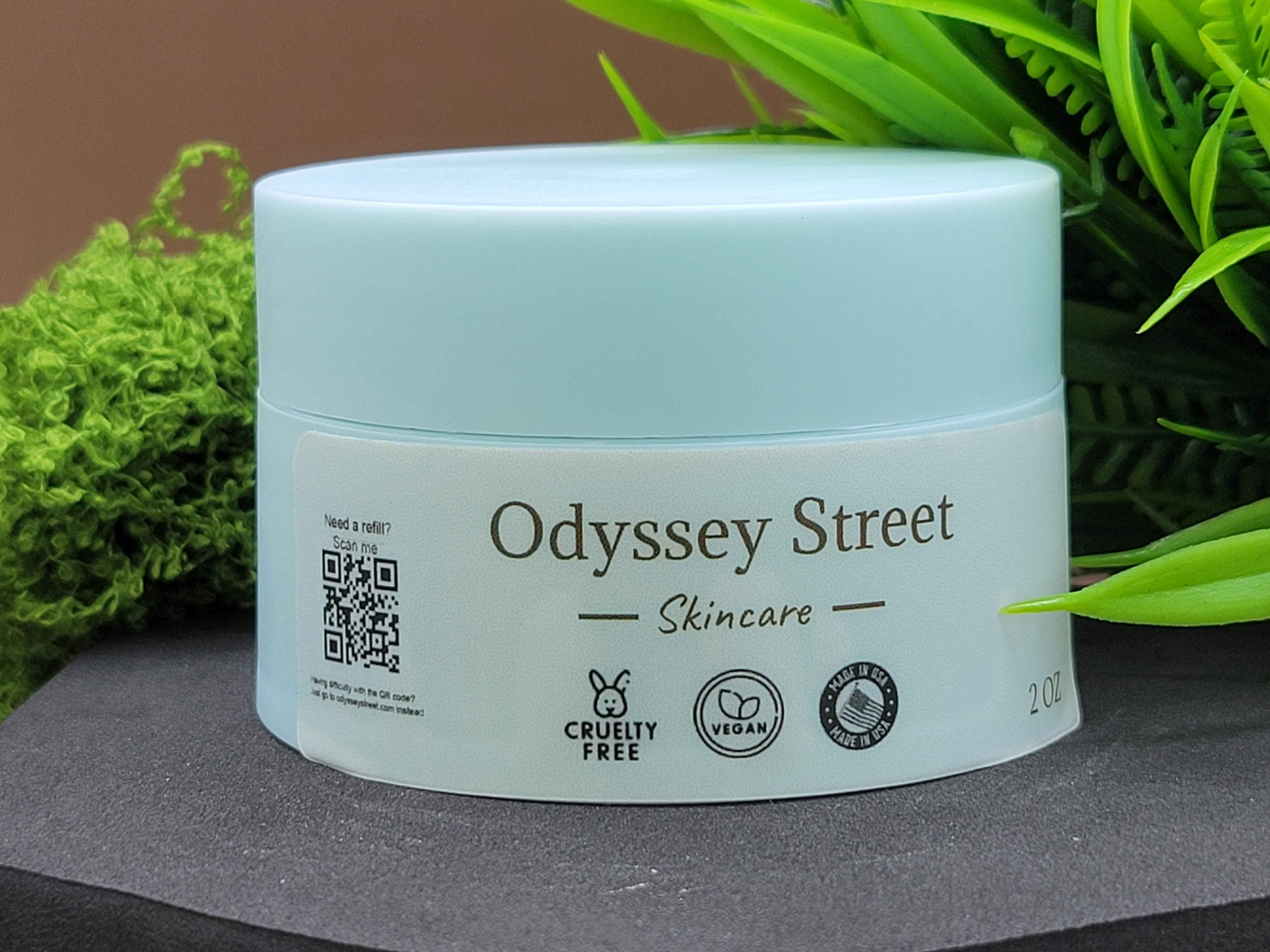
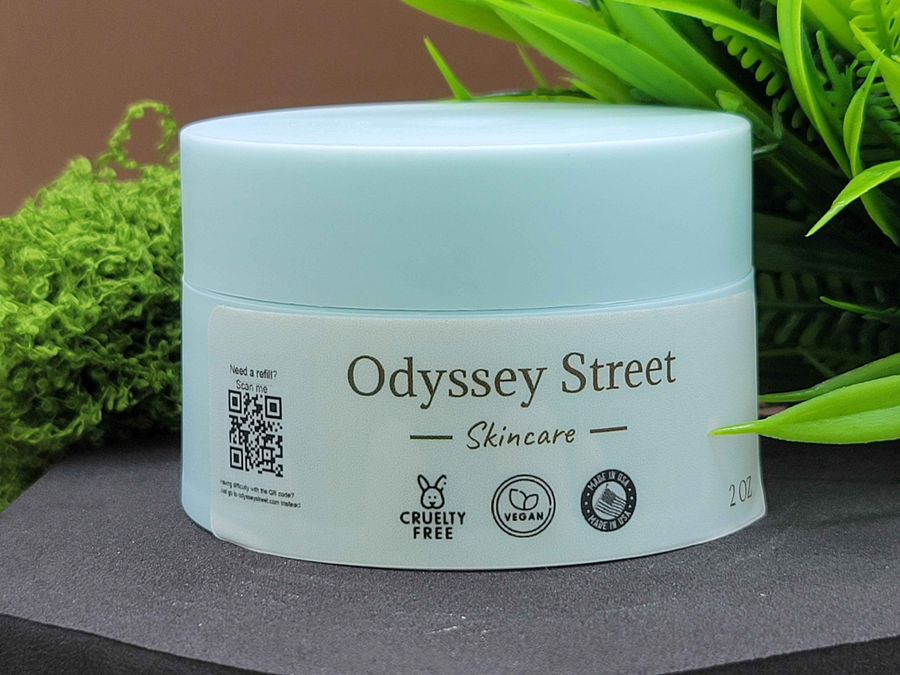
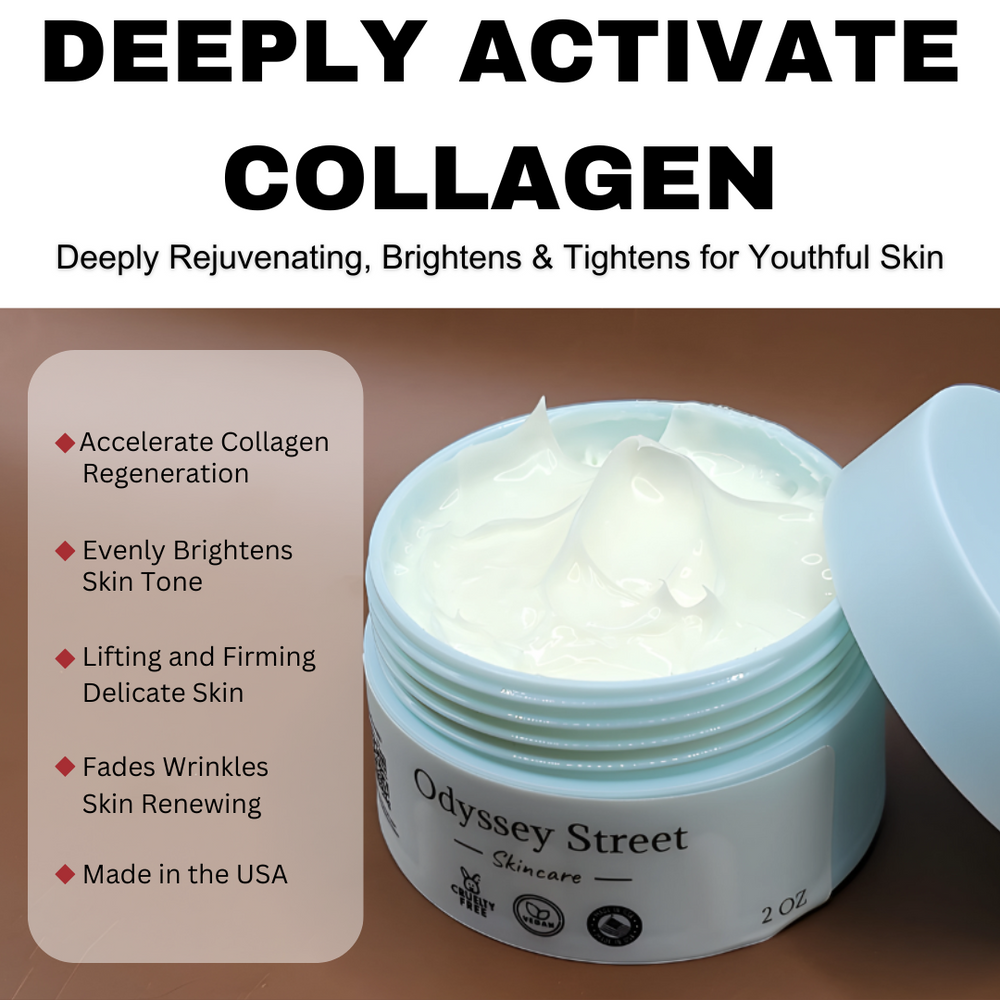


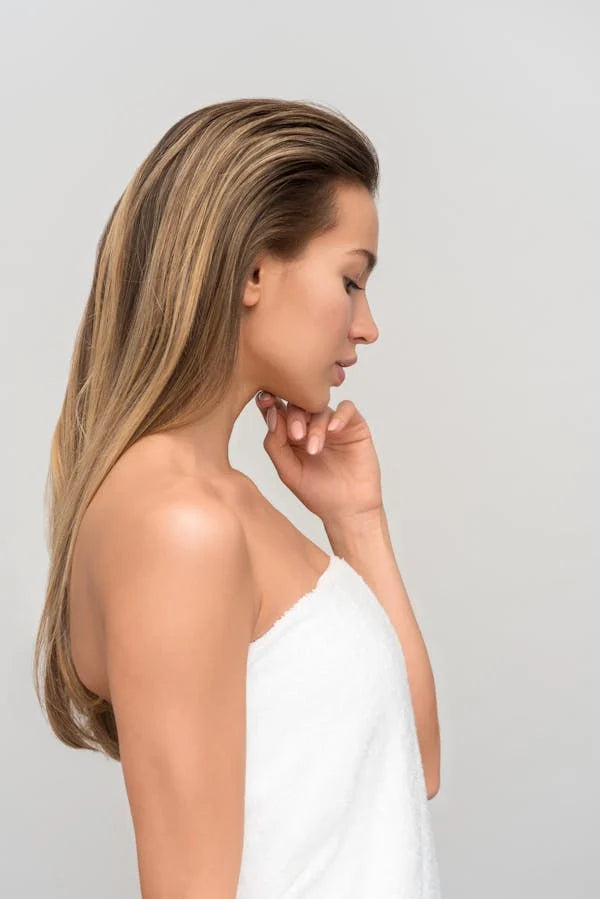

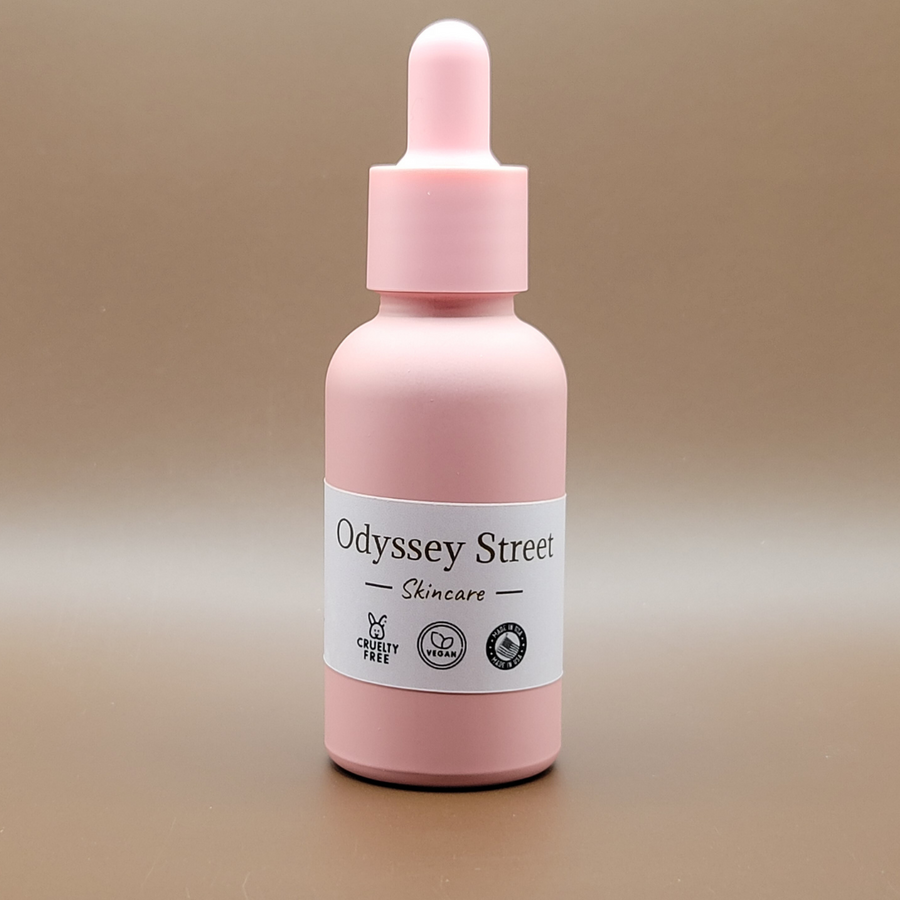
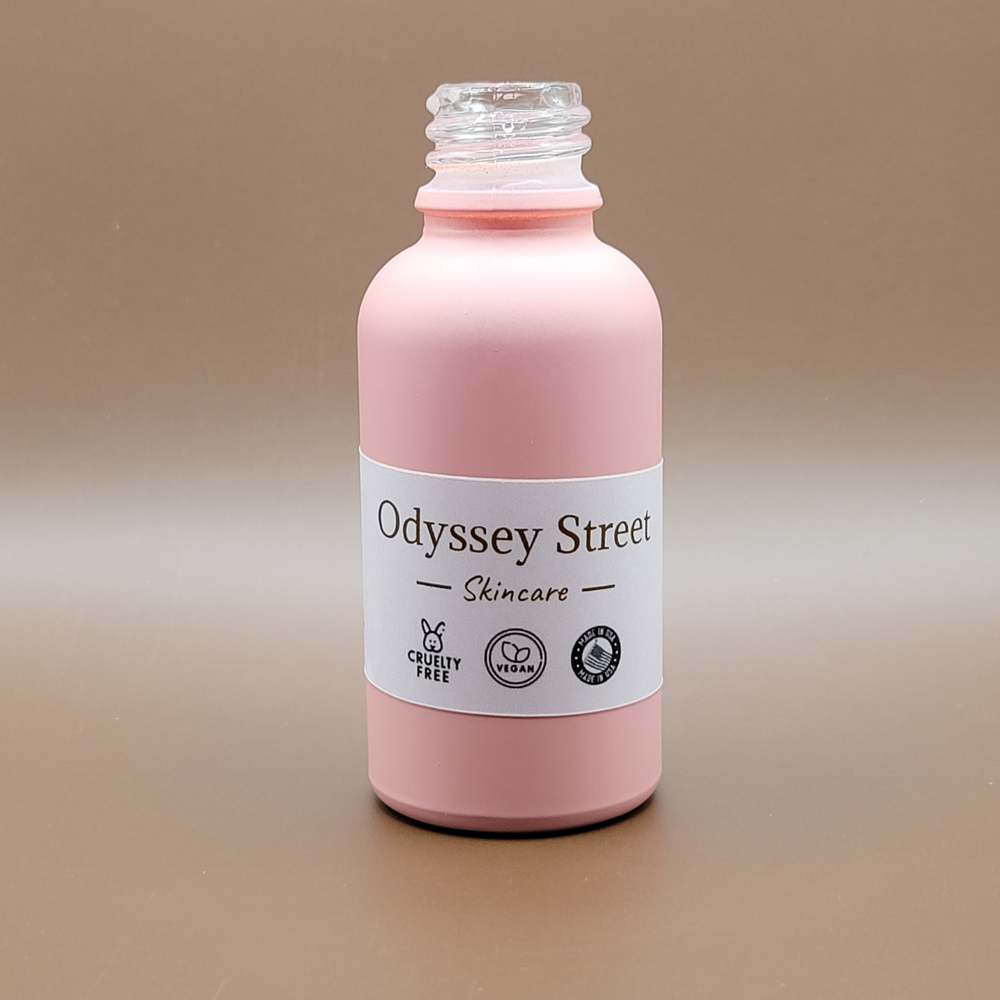
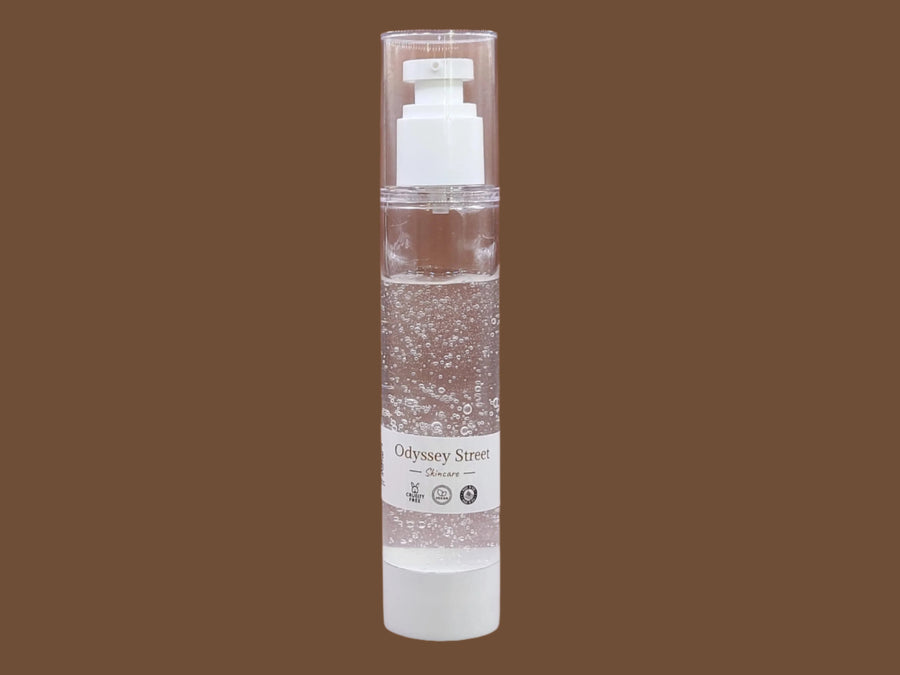
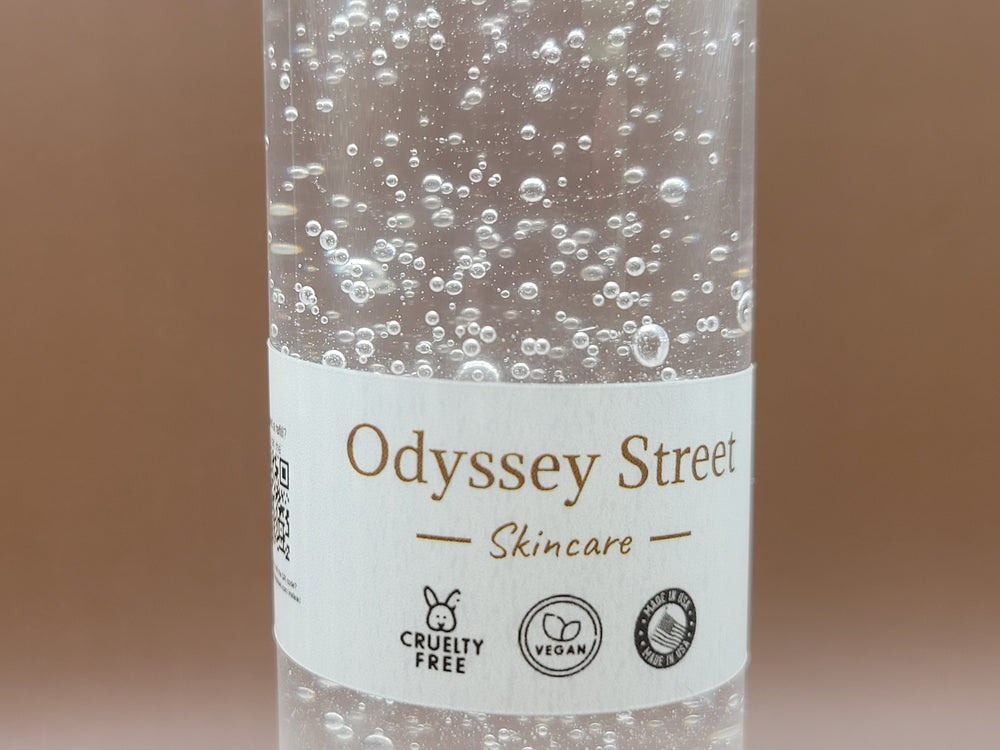
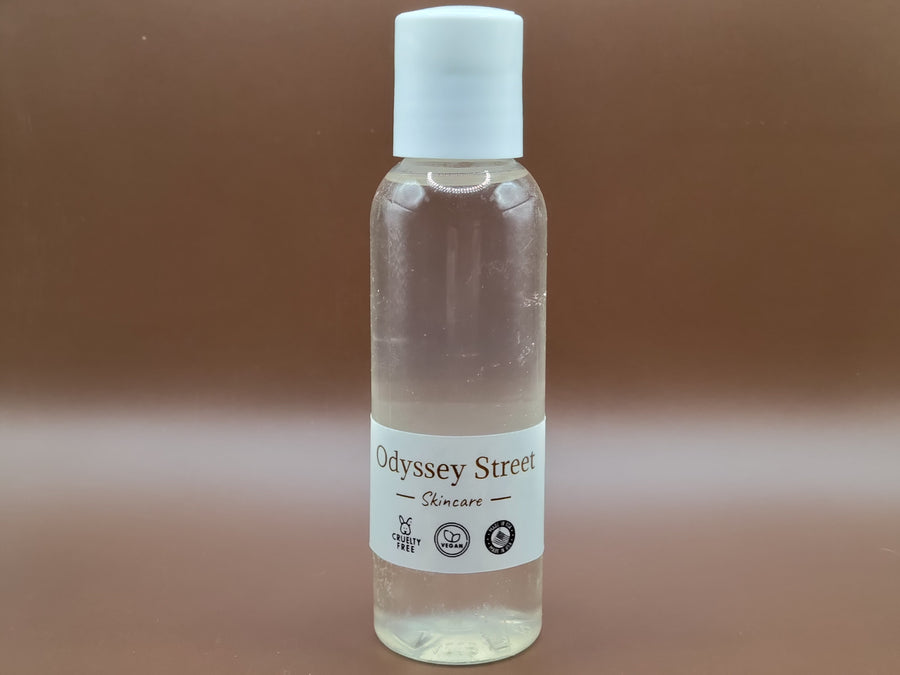
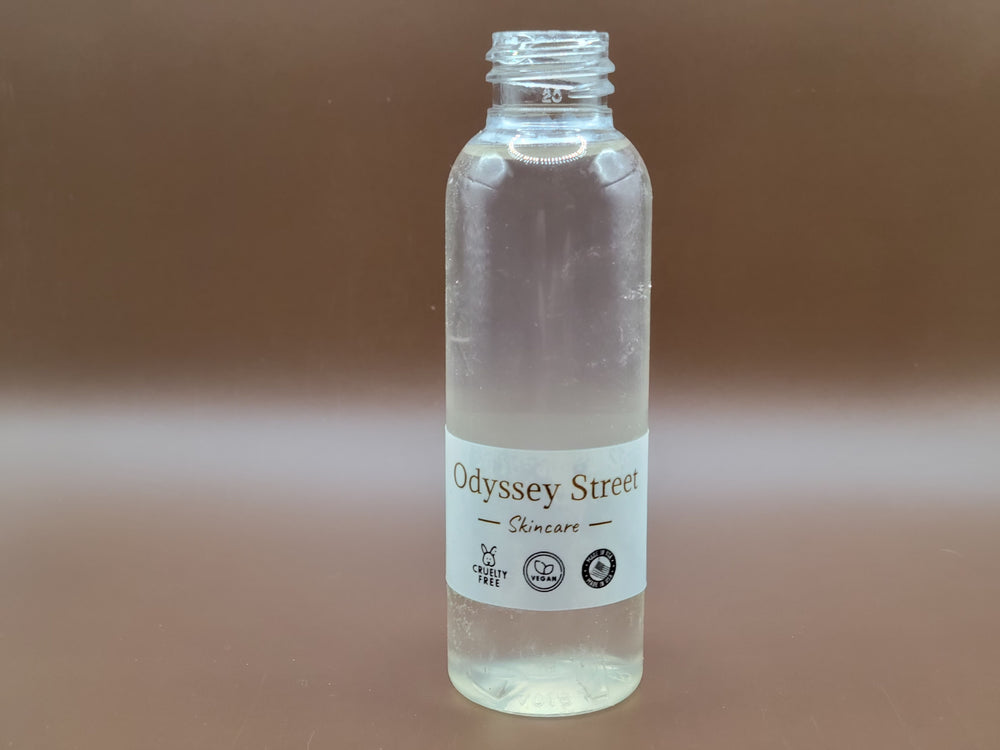
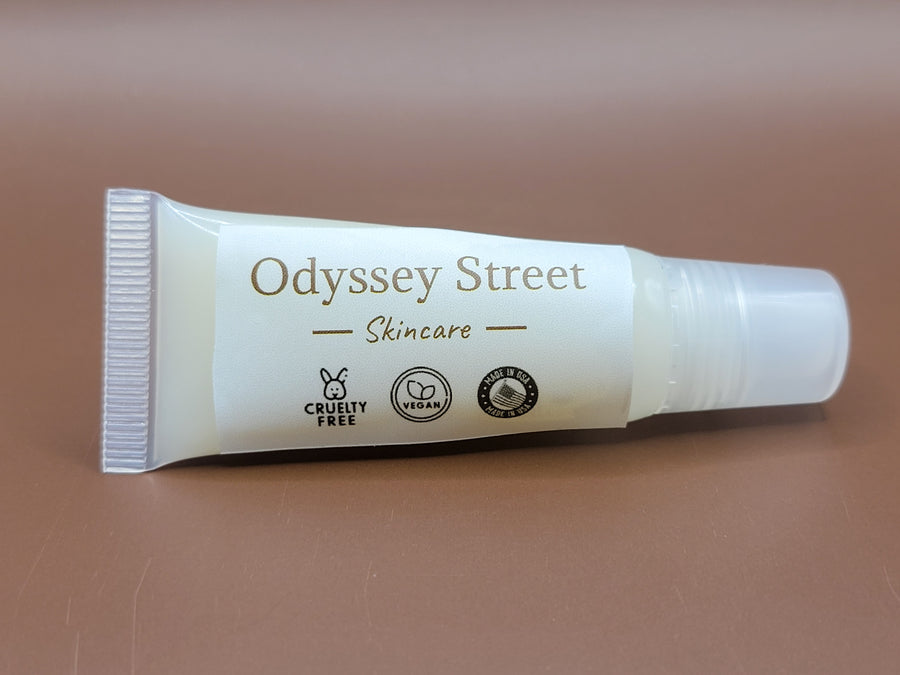
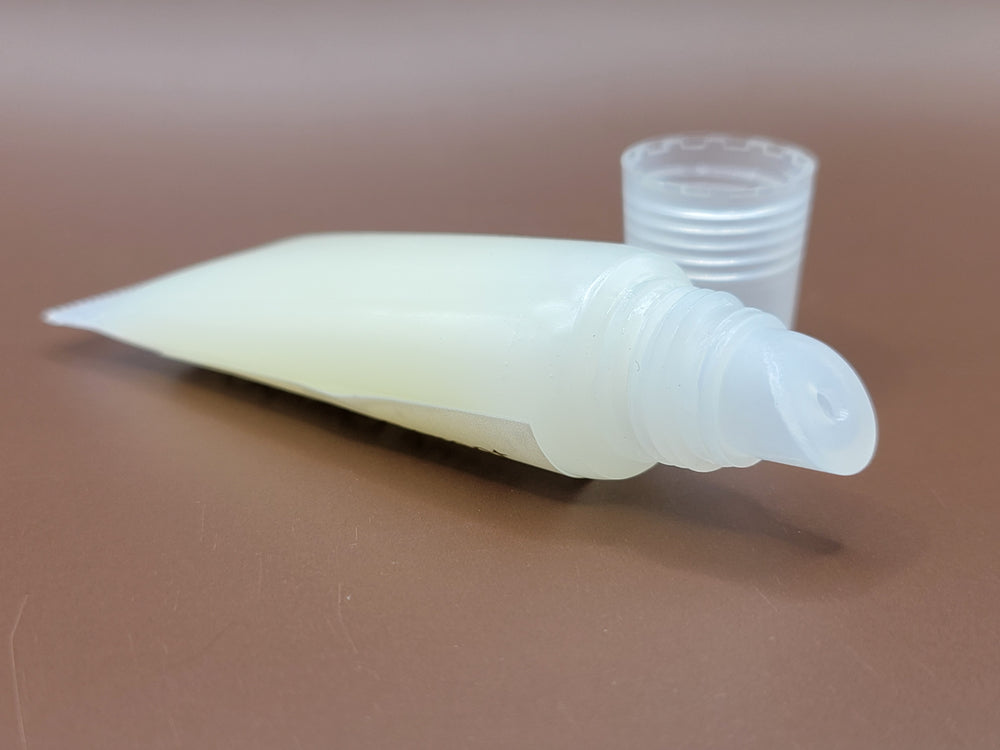
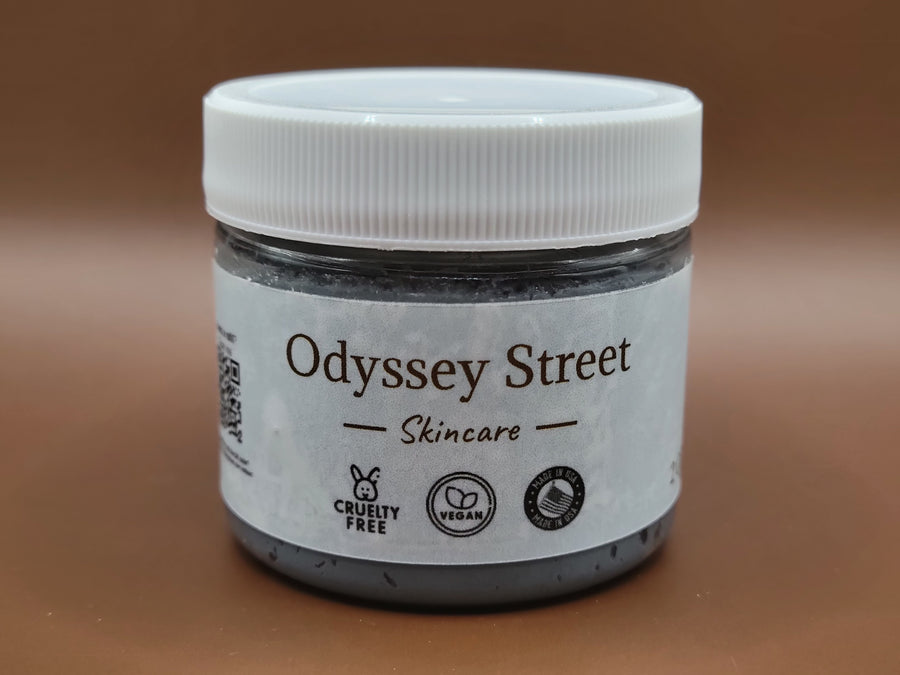
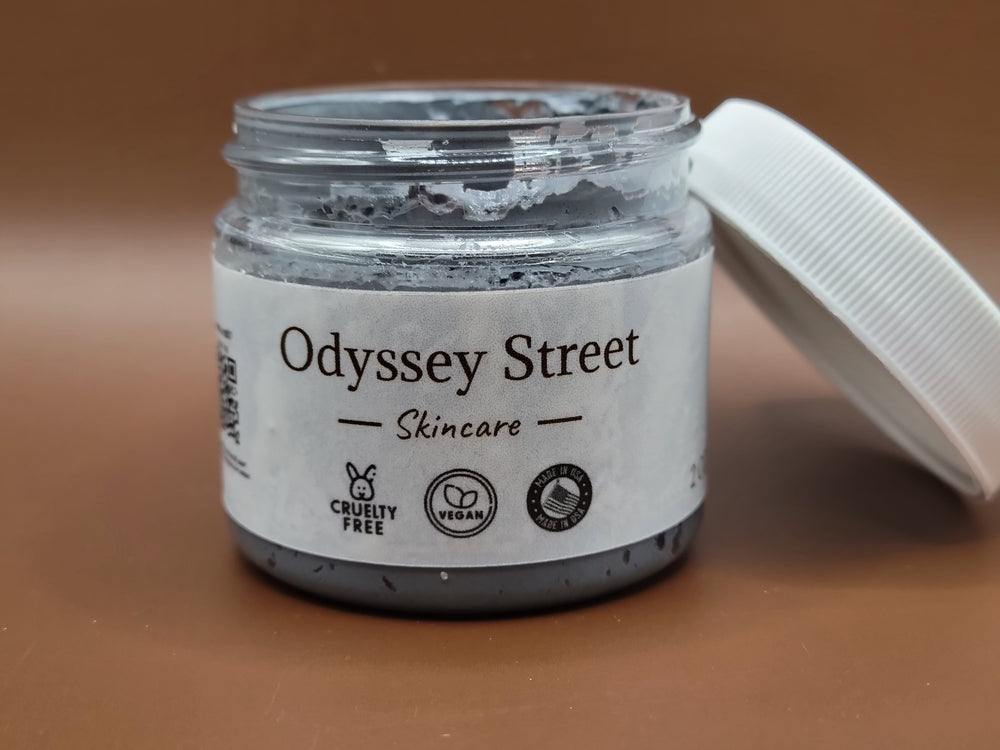
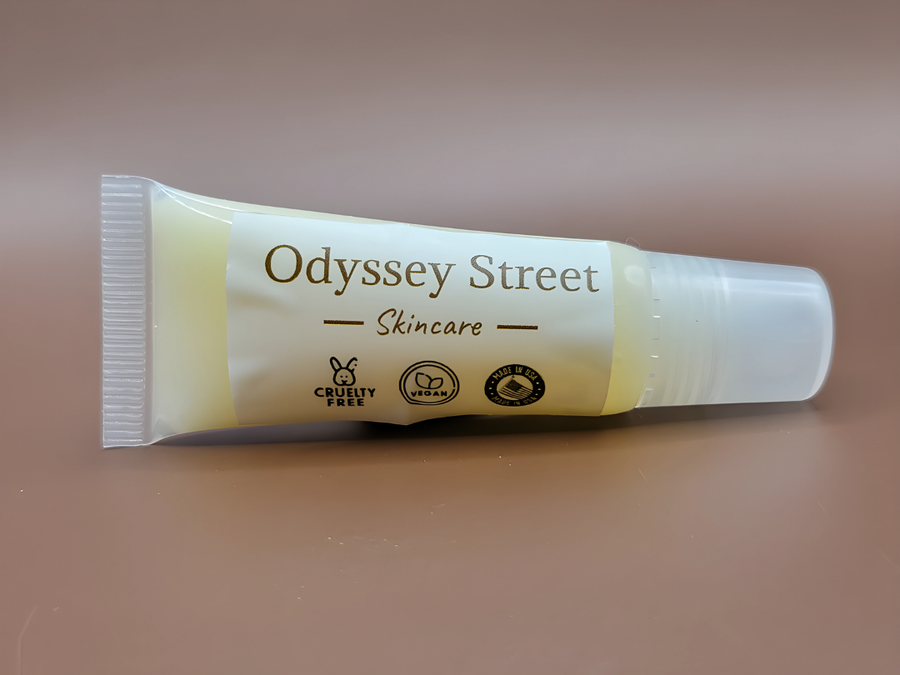
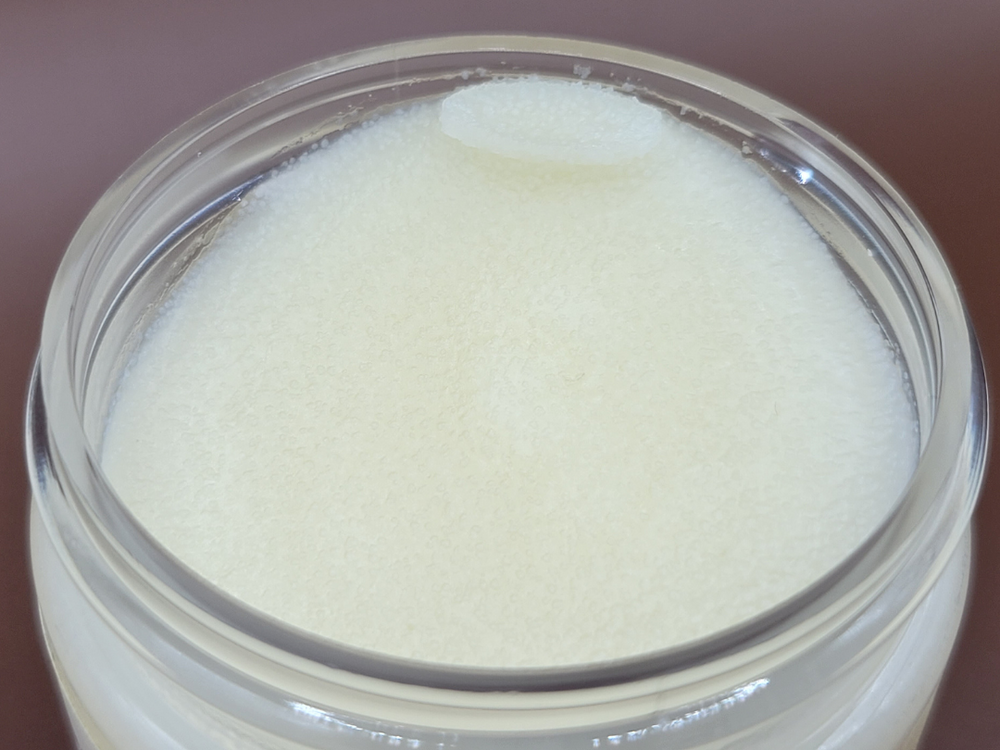
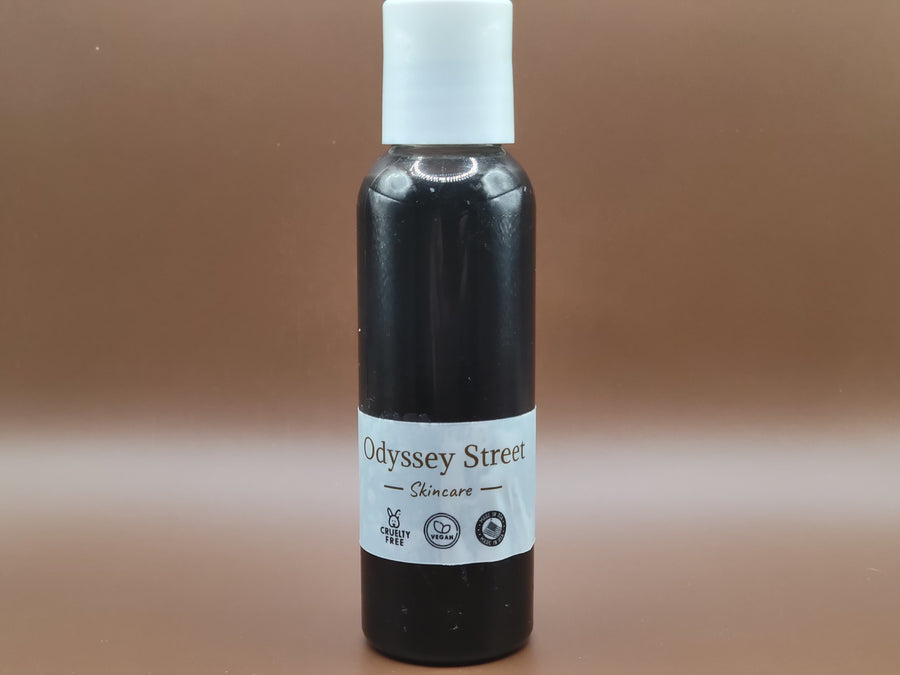
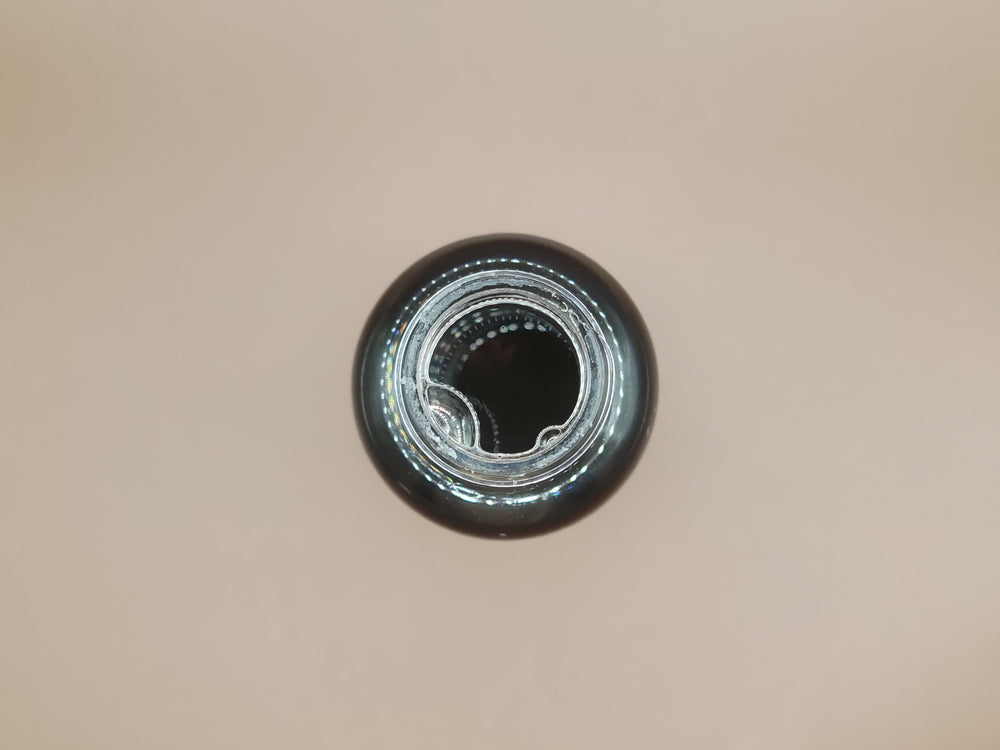
Leave a comment